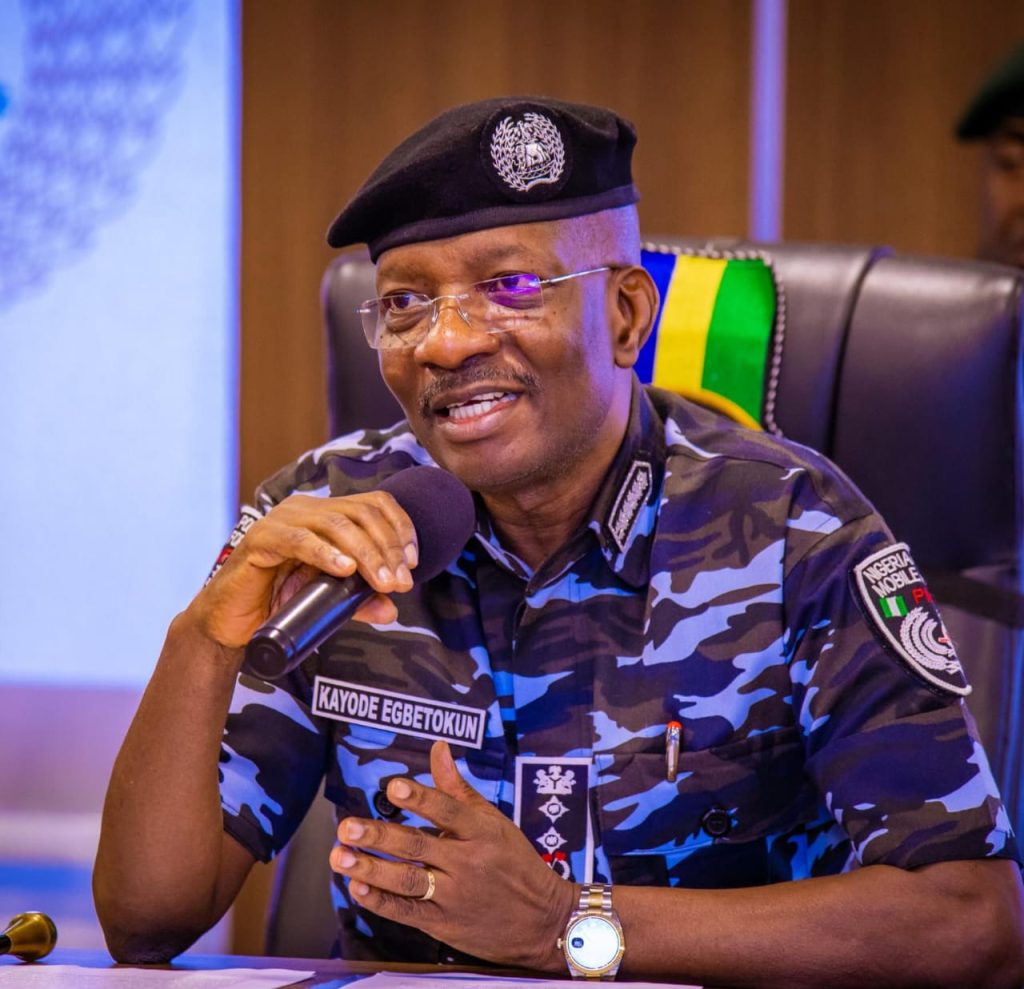
Inspector-General of Police (IGP) Kayode Egbetokun has voiced strong concerns over the growing calls for Nigerian citizens to bear arms. Speaking during a national dialogue on state policing in Abuja, Egbetokun warned that such a move would only escalate violence and make the country harder to govern. He maintained that improving law enforcement, not arming the public, is the best way to tackle insecurity.
On gun control in Nigeria, IGP Egbetokun remains clear and consistent. He said Nigeria’s current security issues do not justify handing weapons to citizens. Instead, the country should focus on building a professional police force and strengthening internal security mechanisms. Egbetokun explained that allowing arms to flood society would create new threats, and law enforcement could lose control over conflict zones.
He noted that Nigeria is already battling the illegal flow of small arms. Introducing legal civilian gun ownership, he said, might blur the lines between law-abiding citizens and armed criminals. He stressed that no society benefits from widespread civilian weapon access. Egbetokun urged Nigerians to trust security agencies while reforms are being implemented.
Egbetokun said the idea of state police should not translate into arming civilians. He welcomed discussions about decentralizing policing, but advised caution. According to him, state-level forces need clear guidelines, strong accountability systems, and national coordination. He also mentioned that poorly regulated security forces could be used for political agendas, and this could undermine democracy.
IGP Egbetokun drew attention to lessons from other countries. He said in many regions where firearms are easily available, crime rates are high, and conflict lingers. Nigeria, he argued, must not follow the same path. Rather, he advocated for smarter, community-based policing that prioritizes intelligence gathering and conflict resolution.
He also called on lawmakers and leaders to support police reform. Egbetokun said the Nigeria Police Force is undergoing transformation and needs more tools, training, and funding. With the right investment, the force can respond more effectively to threats and win public trust. He added that giving civilians guns will create a false sense of safety while increasing danger.
At the event, security experts, civil society representatives, and government officials joined the dialogue. Many shared the IGP’s concerns and supported his position. They emphasized that solving Nigeria’s security challenges requires unity, institutional reform, and strategic planning. Several speakers praised Egbetokun for standing firm on a sensitive issue and for promoting professionalism in the force.
Under Egbetokun’s leadership, the Nigeria Police has begun focusing on proactive operations. There is now more emphasis on intelligence-led responses, better community engagement, and improved officer conduct. These steps are part of a broader plan to rebuild confidence in the police and create safer environments.
The IGP’s warning comes at a time when insecurity has sparked frustration across many states. Still, his message is one of caution, not denial. He agrees that citizens deserve safety and peace, but insists that more guns are not the answer. Instead, Nigeria must invest in systems that deliver true security.
IGP Egbetokun continues to promote law, order, and accountability. His vision of safer communities rests not on force but on trust, discipline, and the power of well-organized policing.



